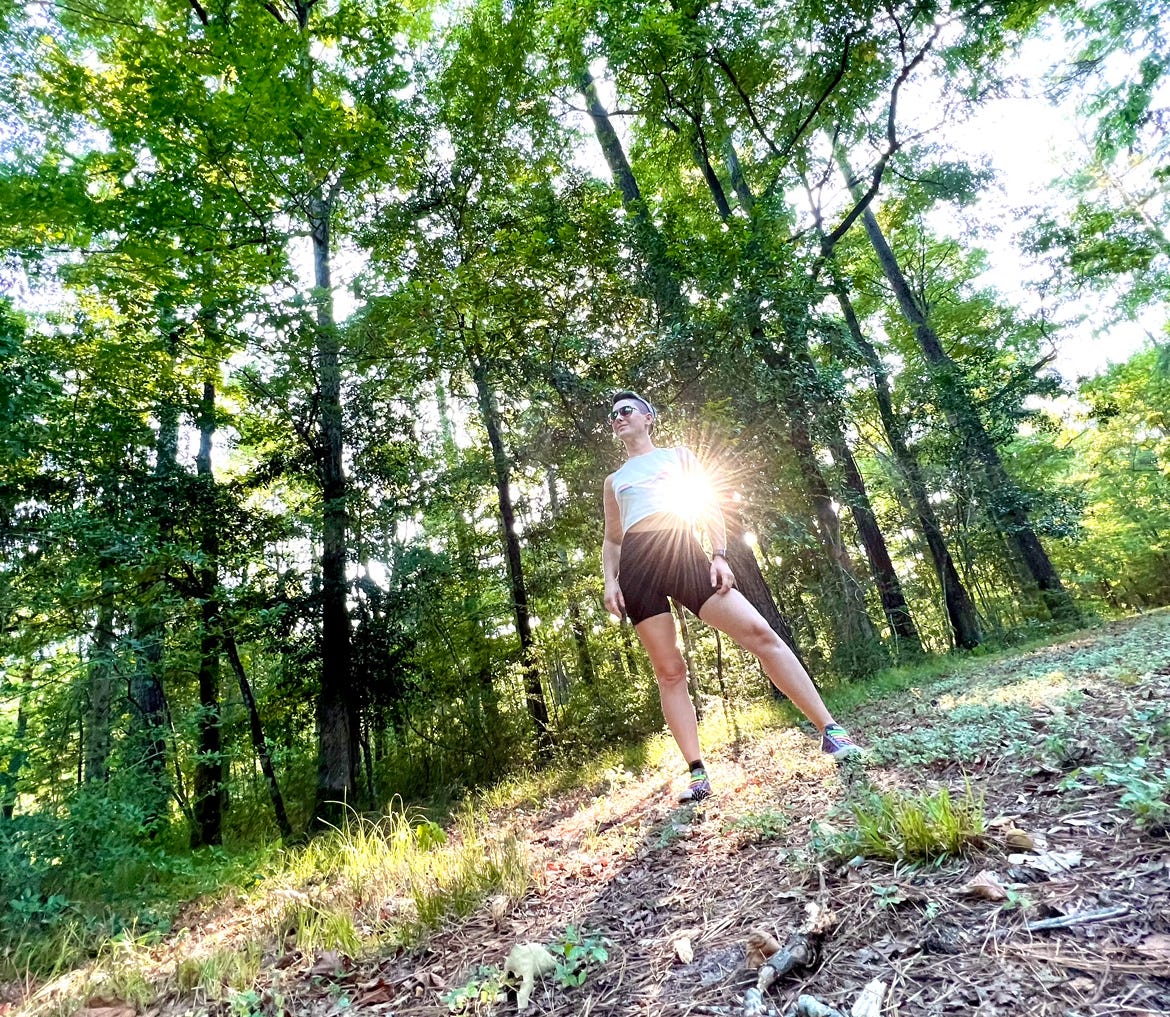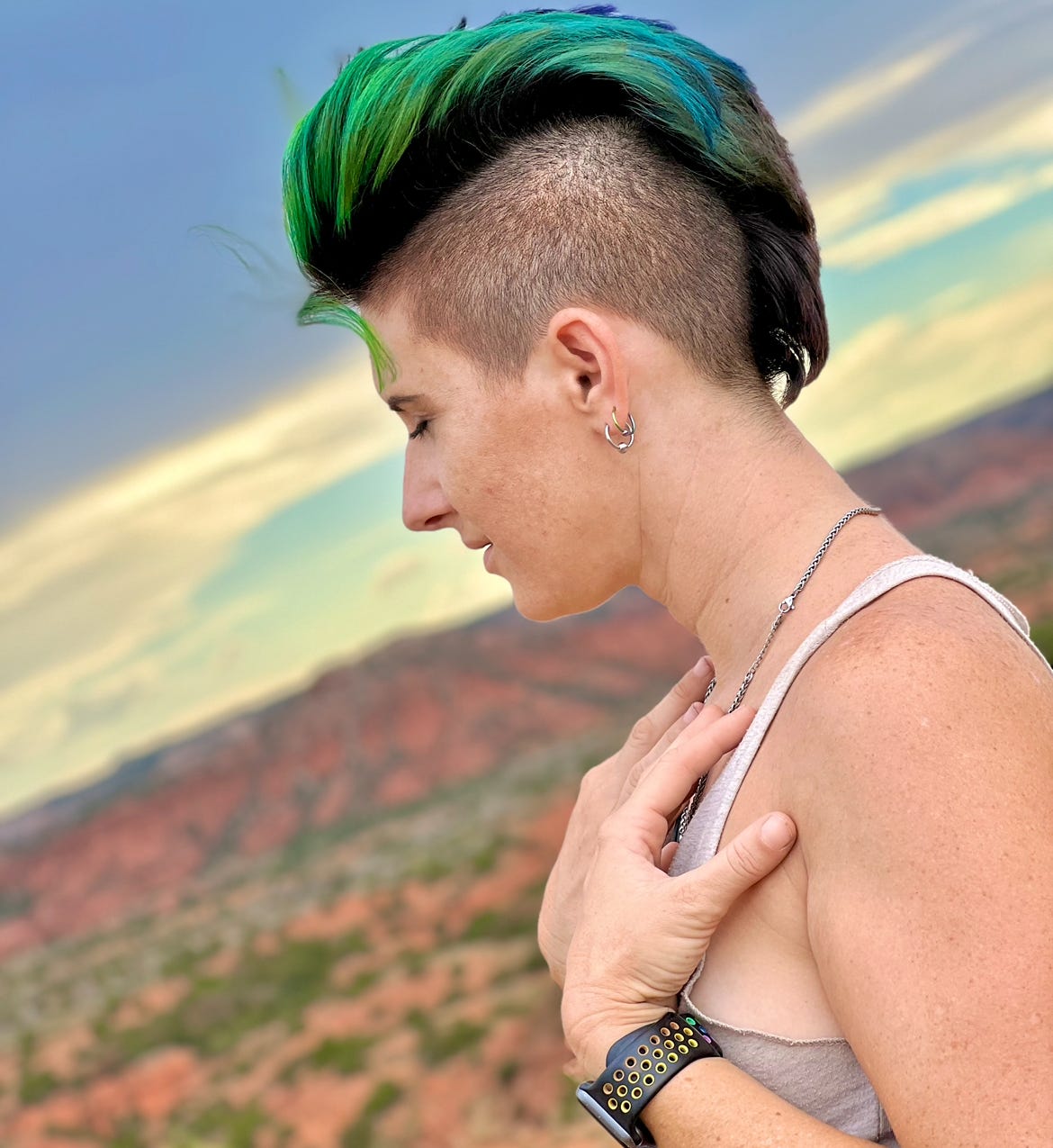On the Myth Autistic People Lack Imagination
Challenging the common assumption that Autistic People lack imaginative play, highlighting the importance of broadening our understanding of the Autistic experience.
When I was first learning about being Autistic, one "sign of Autism" that I kept coming across was "lack of imaginative play," - which stumped me because, as a kid, much of my play (possibly most of it) was in my imagination.
There are a lot of ridiculous Autism Myths out there that we are "always this" or "never that" - false binaries that fail to recognize that (just like non-autistic people) Autistic People's experiences fall along multiple spectrums.

Autistic People are very seldom one thing or the other.
We are a multitude of truths, traits, and experiences (that often vary significantly from Autistic Person to Autistic Person).
While I am sure there are some Autistic People who may struggle with utilizing their imagination, this has not been my personal Autistic experience.
Some Autistic People may have Aphantasia, which means they don't have a visual imagination, which prevents them from picturing things in their minds. However, my place on the internal visual spectrum falls into a different extreme - where I experience hyperphantasia or extra-vivid internal imagery.
Additionally, I'm not saying people with Aphantantic minds lack imagination because there are ways one can imagine things without visuals (such as imagining a song or tune, a script, a story, or a piece of writing).
Non-standard minds do things differently than average minds, and our imagination (though different) is also often varied.
If any of my readers experience Aphantasia, I would love to hear about your experience (because my hyperphantic mind works very differently).
What's it like in your head?
Are there pictures in your mind? Or not?
If you have images/videos, how vivid are they?
In my case, it depends on what I imagine (but many things can be seen in exquisite detail).
EX: Faces I often struggle to remember/recall, but nature scenes, animals, or familiar places I've studied can be very detailed.
It's good for all of us to share these experiences because it helps us understand how people experience their internal worlds.

My memory is tricky, and I can't always recall things I've seen on demand. However, when I can remember things, my memories are visual, and my internal visualizations of imaginary scenes (like books and fantasy worlds that I create in my mind) can be detailed, complex, and 3D (360 video/VR-helmet style).
This ability to visualize, often vividly, has been both a blessing and a curse at various times in my life (depending on the situation).
Paid subscribers have access to more of this post. Thanks to every one of you for supporting my work.
Keep reading with a 7-day free trial
Subscribe to NeuroDivergent Rebel’s Substack to keep reading this post and get 7 days of free access to the full post archives.




